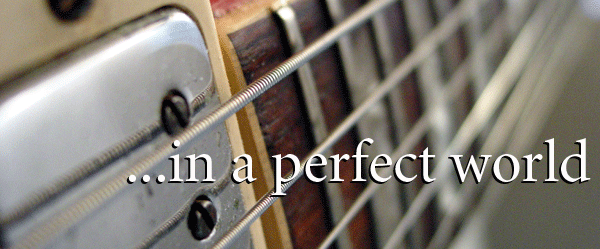To hear real passion expressed in music can be a powerful thing. When done from the heart, it can have a transcendent effect that exceeds so many boundaries, and language makes no difference. You can still connect on a deep level.
Nusrat Fateh Ali Khan had that effect. Born in Lyallpur (now known as Faisalabad) in 1948, he was a Pakistani singer who was considered one of the finest performers of qawwali, a style of Sufi Muslim devotional music.
From a bio published in Encyclopedia Britannica and written by Virginia Gorlinski:
Nusrat’s father, Ustad Fateh Ali Khan, and two of his uncles, Ustad Mubarik Ali Khan and Ustad Salamat Ali Khan, were famous qawwals (practitioners of qawwali) who sang in the classical form. Although Nusrat began to display a penchant for music and a particular aptitude for singing before he had reached age 10, he did not begin to devote himself to the qawwali tradition until he sang at his father’s funeral in 1964. Two years later he gave his first public performance as a qawwal, singing with his uncles, with whom he continued to perform until 1971, when Ustad Mubarik died.Khan's performance on the amazing album "The Prayer Cycle" is simply stunning. Described at AllMusic as "...a surprisingly spiritual and moving album masterminded by composer Jonathan Elias, featuring an all-star cast culled from the pop, rock, and world music arenas (including Nusrat Fateh Ali Khan, Alanis Morissette, Perry Farrell, Linda Ronstadt, James Taylor, Ofra Haza, Salif Keita, and more). The album is structured as a nine-movement suite, with each movement dedicated to a different spiritual quality. Elias' material elicits passionate, committed performances from the assembled artists, making it a deeply felt statement on bridging cross-cultural differences."
Qawwali originated in 12th-century Persia. The lyrics are based on medieval Sufi poems that often use images of romantic love to express deep religious faith. The traditionally male qawwal, who knows these poems by heart, unites phrases and passages from different poems to create a new expression. Qawwali performances are typically held in shrines and are marked by passionate shouting and dancing. Qawwali is similar in spirit to American gospel music.
Following his father’s death, Nusrat continued to study the recordings of his father and uncles, using them as a springboard from which to develop his own style. Within just a few years he had established himself throughout Pakistan as the outstanding qawwal of his generation, singing powerfully and expressively in a very high register (a family trademark), with remarkable stamina and melodic creativity. In concert he was usually accompanied by tabla (a pair of single-headed drums played with the hands), harmoniums (or reed organs; small keyboard instruments with a foot-operated bellows), and backing vocals.
Listening to the album for the first time was one of the more moving experiences I've encountered, and I return to that recording from time to time to try and recapture that feeling. There are amazing performances from start to finish, but Kahn practically steals the show. He died August 16, 1997, in London, England.

Yes! Forgot I had this album. Thanks for the reminder
ReplyDelete